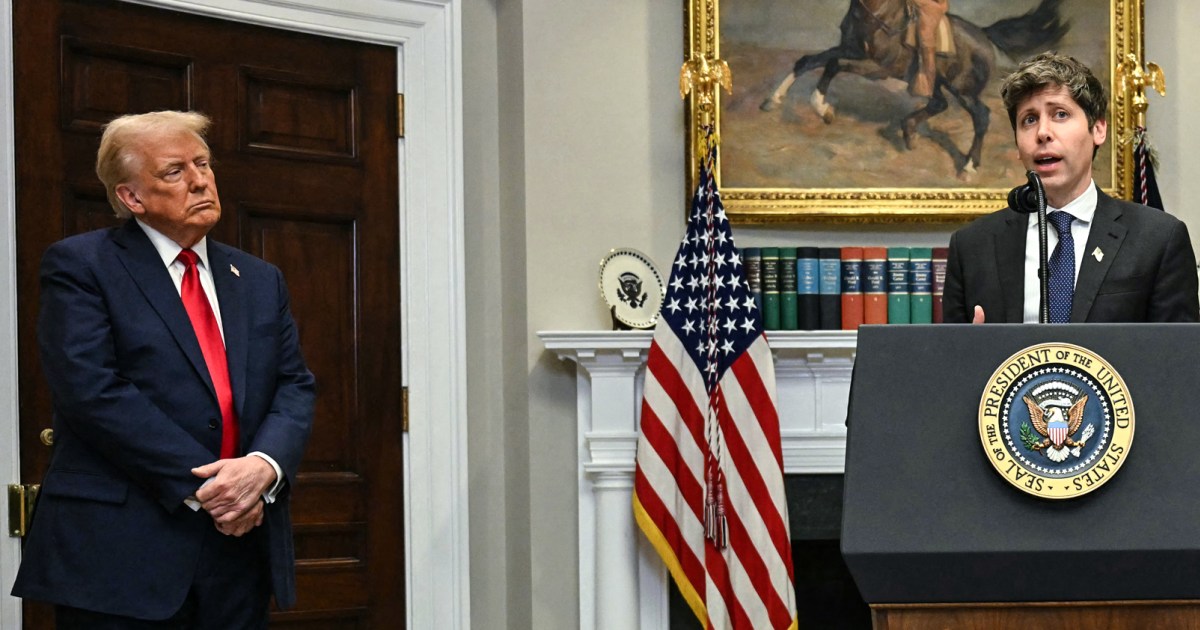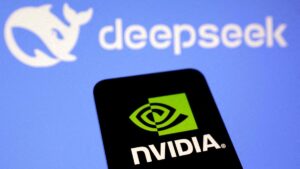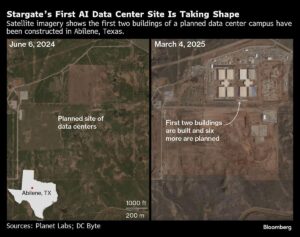OpenAI advocates for permission to train AI models using copyrighted content in the U.S.

OpenAI’s Call for AI Industry Reforms
OpenAI, the organization known for creating ChatGPT, is advocating for changes in U.S. laws regarding how artificial intelligence (AI) companies can learn from copyrighted works. They believe that these changes are essential to maintain and enhance America’s leading position in AI technology on the global stage.
Proposed Changes to Copyright Regulations
On a recent Thursday, OpenAI submitted a proposal to the U.S. government as part of President Donald Trump’s “AI Action Plan.” This initiative seeks input from various sectors, including private companies, government bodies, and academic institutions, aiming to reshape policies that could hinder innovation in the AI landscape.
In their proposal, OpenAI highlighted the need for “freedom-focused” policies. One major change they suggest is to relieve AI developers from complying with complex state laws that can restrict their operations. Copyright issues have been a significant concern for AI developers, particularly as they train models using content created by others without permission or compensation.
Legal Battles and Copyright Concerns
OpenAI is currently facing lawsuits from several news organizations, including the New York Times, the Chicago Tribune, and the Center for Investigative Reporting, alleging copyright infringement. Various authors and visual artists have also taken legal action against OpenAI over unauthorized use of their copyrighted materials. These legal challenges underscore the tension between the rapid development of AI technologies and the protection of creative rights.
Despite these challenges, OpenAI advocates for a framework that promotes “fair use” of content and fewer restrictions concerning intellectual property. They argue that such a strategy could safeguard the rights of original creators while allowing the U.S. to maintain its leadership in AI technology and protect national security interests.
National Security and AI Innovation
Leaders in the AI field and the Trump administration view America’s supremacy in AI as a crucial aspect of national security, likening it to an arms race. OpenAI’s proposal emphasizes the importance of allowing American models to learn from copyrighted content to prevent losing the competitive edge to other countries, particularly China.
Shortly after taking office, Trump took significant steps by issuing an executive order that rolled back Biden’s AI policies, which he claimed were obstructing innovation. Biden’s administration had previously issued an executive order focused on responsible AI use, cautioning against potential societal harms, including national security threats.
Investment and Infrastructure for AI
In its proposal, OpenAI called for more significant investment in AI infrastructure, suggesting that this could create jobs and modernize America’s energy grid. The organization mentioned a planned initiative called Stargate, an ambitious investment project that involves major companies like Oracle and SoftBank. This initiative aims to funnel substantial funds—initially projected at $100 billion—into the development of a robust AI infrastructure that can compete against resources in China.
OpenAI envisions that enhancing AI infrastructure would prepare the workforce for future challenges and bolster local economies throughout the country. They also disclosed that they are considering building new data centers in various states to support their growing needs.
Promoting "Democratic AI" Abroad
OpenAI advocates for the U.S. to actively export its "democratic AI" to encourage the international adoption of American technologies. They believe that starting within the U.S. government, AI tools should be integrated into government operations, as evidenced by the launch of ChatGPT Gov, designed specifically for governmental use.
Additionally, the proposal points to recent developments like the Chinese-developed AI model DeepSeek R1, which temporarily dethroned ChatGPT as the top app in the Apple Store. This incident highlighted the narrowing gap between the U.S. and its international competitors in AI innovation, reinforcing the urgency of OpenAI’s call for reform and investment in the sector.
Through these strategies, OpenAI aims to ensure that the U.S. maintains a prominent role in the advancing field of artificial intelligence.





